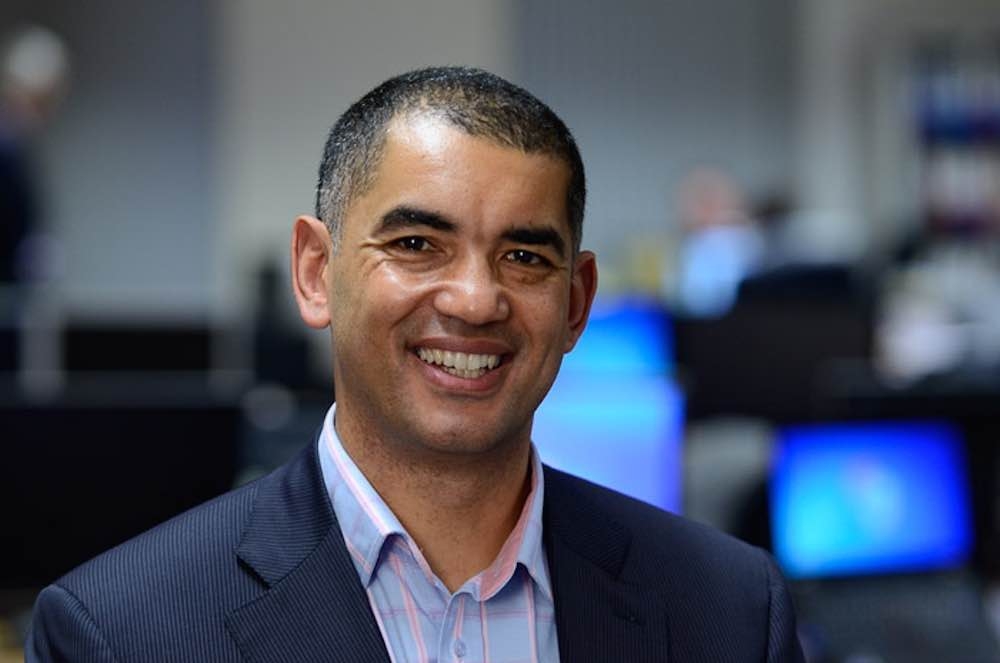The pandemic is impacting different sections of society in different ways. For example, a recent study by Legal & General suggested that 1.5m people plan to delay their retirement because of Covid-19 and its financial impacts.
Enforced lockdown and spending long periods of time at home has also caused many people to re-evaluate their priorities. According to work by CANVAS8 people are assessing the importance of their work compared to their relationships. If they are in a position to retire now perhaps they are more likely to do so.
The need for Financial Planning is greater than ever. In complex, stressful times where the future is uncertain planners have a uniquely important role to play in listening to clients, empathising and trying to help them understand their priorities and options.
Going back to basics perhaps on a video call and asking planning questions, such as those from George Kinder, could well illicit answers very different to those six months ago if these life planning questions are posed;
- “What does money mean to you?”
- “If you were financially secure – how would you live your life? What would you do with money?”
- “If you only had a few years to live will you change your life? How?”
In a socially distanced world, taking the answers to these questions and building a plan and regulated advice require a new role for the Financial Planning system.
There are three key principles needed in this new Financial Planning world:
- Single system Planners are increasingly adopting a single system which covers the whole planning process integrated into their back office and platforms. Why? Because it removes the wasted time and potential for error associated with re-keying. It also means a consistent definition of risk throughout and avoids what the FCA calls the risk of ‘mis-calibration’ between different tools.
- Formulates planning dynamically, in real time Planning systems come into their own when they enable users to build and formulate planning dynamically, in real time, perhaps even screen-sharing with clients. Not only is this faster than the traditional process it also frees up the planner to do what they do best; knowing the client and shaping recommendations, while the system does what it’s best at, automating often quite complex analysis. Many firms using a Financial Planning software system to complete their annual client reviews over Zoom, for example, have reported being able to move from three to four meetings a week, to three to four meetings a day. A big improvement in productivity.
- Factual, objective and fair Finally the presentation of information to the client needs to be fair, clear and not misleading. This becomes even more important when the system is used via video. The field of behavioural finance is rapidly offering significant insights into how clients are likely to behave based on their personality, situation and the information provided to them. The best systems will incorporate these insights.
Financial Planning is even more valuable as a result of the pandemic. Adopting a planning system which helps planners objectively formulate plans dynamically in real time offers not only transformational productivity benefits but the ability to support good outcomes for many more clients at a time when they need it most.
Ben Goss is CEO of Financial Planning software firm Dynamic Planner and has more than 20 years’ experience in financial services. He co-founded Distribution Technology (DT) in 2003 and has overseen the creation and growth of Dynamic Planner. He is a former Ernst & Young Entrepreneur of the Year. https://www.dynamicplanner.com/

